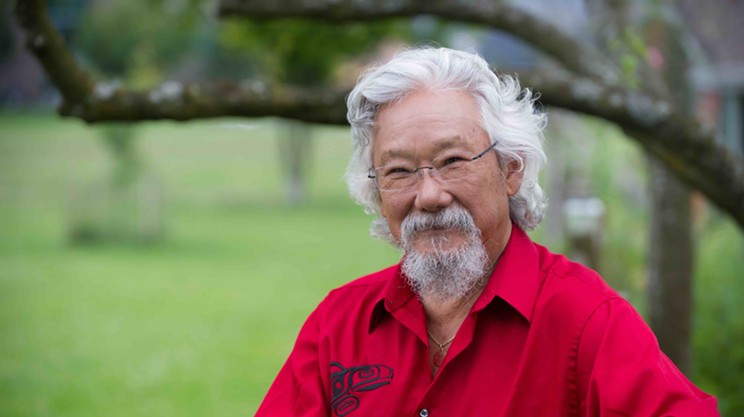
When politicians ignore climate change, scientists will change the political climate.
This Saturday, on Earth Day, thousands of scientists and supporters in cities across the world will be marching against what advocates say has been a war on evidenced-based public policy.
The largest event will take place in Washington DC—a mass protest against Donald Trump’s attacks on environmental policy. But concerned minds will also be gathering in Halifax at Grand Parade, hoping to sound the alarm about ecological crises happening here in Nova Scotia.
“That’s what the Science March is trying to do,” says Tim Allenby, who’s
“We need to listen to the voices that know the facts; that are out there getting the raw data, and telling us this is what’s happening and this is what needs to be done.”
Trump’s policies, and anti-intellectual movements like England’s Brexit, may grab global headlines, but Nova Scotia isn’t immune when it comes to putting industry-friendly policies over environmental protection. In the last two years alone Nova Scotians have witnessed contaminated drinking water in Harrietsfield, clearcutting of provincial forests, the Alton Gas project’s impact on the Shubenacadie River, our continued reliance on coal (despite federal regulations to phase out the fossil fuel) and research studies on environmental racism in communities like Boat Harbour and Lincolnville.
The laundry list of examples helped shape a proposed Bill of Environmental Rights, being presented this Friday, April 21 by East Coast Environmental Law, the ENRICH—Environmental Noxiousness, Racial Inequalities & Community Health—Project, Ecology Action Centre and residents from those affected communities.
The non-partisan document seeks to enshrine legal access for everyone in Nova Scotia to demand a healthy environment. Similar laws already exist in other provinces, but according to a press release from the Environmental Rights Working Group, this is the first time a proposed environmental bill of rights specifically
It represents a shift in thinking about who has rights to the environment we all share—a message that can’t be ignored any longer by governments both local and international.
“I would like to see decisions at City Hall and Province House—ground level-up, basically—that start to take the sciences seriously and work on that front,” says Allenby.
Saturday’s Science March takes place at


















